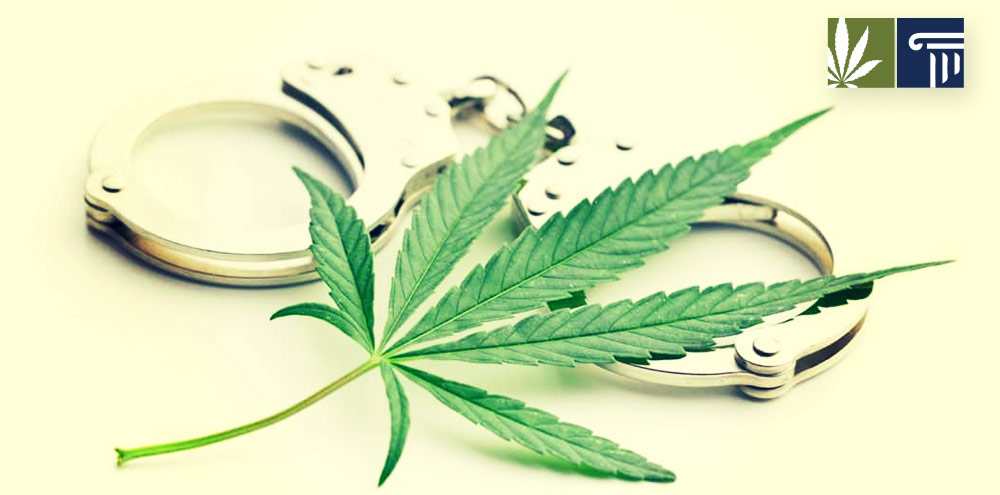The governor of Illinois announced nearly half a million marijuana-related arrest records have been expunged, while a further 9,200 pardons have been issued for people with low-level cannabis convictions.
The mass clemency drive comes one year after Illinois launched its legal market for adult-use marijuana on January 1, 2020. The day before legal sales began, Gov. J.B. Pritzker granted more than 11,000 pardons for cannabis-related convictions.
Illinois is one of only two states to legalize cannabis sales through the legislature rather than a citizen-approved ballot initiative, the other being Vermont. Illinois’ resulting marijuana laws contain restorative justice provisions to help undo some of the drug war’s harms by compelling officials to proactively clear the records of individuals for marijuana offenses that are now legal. With this latest round of expungements and pardons, Illinois has delivered on these obligations four years ahead of schedule.
Heralding the latest announcement on Twitter, the governor described Illinois’ marijuana laws as “the most equity-centric in the nation.”
I’m proud to announce that nearly 500,000 low-level cannabis-related records have been expunged in Illinois, four years ahead of schedule.
We reached this milestone one year into what will be an ongoing effort to correct historic wrongdoings fueled by the war on drugs.
— Governor JB Pritzker (@GovPritzker) December 31, 2020
Today, I also pardoned 9,219 low-level cannabis conviction records, for a total of over 20,000 since the signing of Illinois' recreational cannabis legislation, the most equity-centric in the nation.
— Governor JB Pritzker (@GovPritzker) December 31, 2020
With the cooperation of Illinois State Police and the Prisoner Review Board, 492,129 expungements were issued for non-felony cannabis offenses, while 9,219 people received pardons.
“Statewide, Illinoisans hold hundreds of thousands low-level cannabis-related records, a burden disproportionately shouldered by communities of color,” Pritzker said in a press release. “We will never be able to fully remedy the depth of that damage. But we can govern with the courage to admit the mistakes of our past—and the decency to set a better path forward.”
“I applaud the Prisoner Review Board, the Illinois State Police, and our partners across the state for their extraordinary efforts that allowed these pardons and expungements to become a reality,” he added.
Toi Hutchinson, a senior advisor to the governor on marijuana policy, said work continues to ensure the benefits of a legal marijuana industry are felt in communities on the basis of equity.
“We are one year into what will be an ongoing effort to correct historic wrongdoings,” Hutchinson said. “The administration remains committed to working with legislators to address any challenges to equity and on building an industry that re-invests in our state’s communities.”
The governor’s press release goes on to say the expungement process is complete at the state level, and that county clerks at the local level who have not yet cleared their records must do so by January 1, 2025.
Illinois’ latest mass clemency drive for marijuana-related offenses closely follows the state’s launch of a new program to help residents seal their records of marijuana arrests or convictions, using funds generated by the legal cannabis industry. Under Illinois marijuana laws, 25 percent of tax revenues from cannabis sales are apportioned to restorative justice grants such as these.
And with legal cannabis sales in Illinois performing strongly, sufficient funding for social equity and restorative justice efforts look secure. In November, state officials announced legal marijuana sales had surpassed half a billion dollars. As Hutchinson described it earlier that year, the legal marijuana market is “recession-proof and pandemic-proof.”






